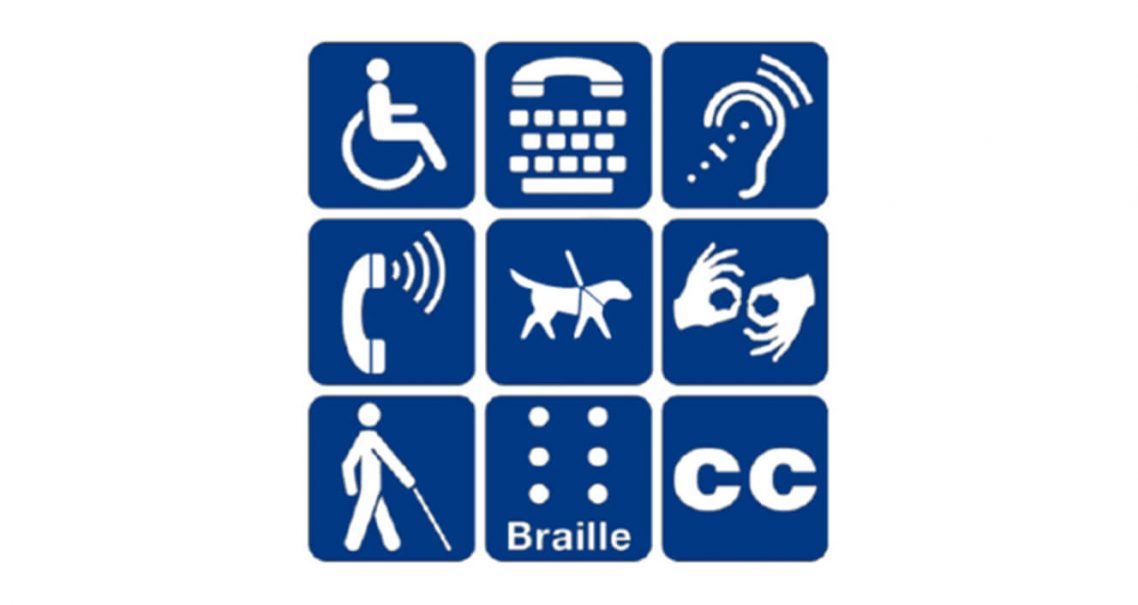
Most everyone has heard of the ADA (Americans with Disabilities Act). This Act is a set of standards that makes it possible for people with disabilities to function and live their life a close to normal as it can be considering their disability. You have heard of ADA when it comes to building codes including sidewalks, doorways etc. But what does that mean for your website or online business?
Recently in the news performance artist Beyoncé was under fire and a lawsuit was brought against her website being in noncompliance with ADA standards. The suit was filed when then legally blind Mary Connor sought out listening to music on Beyoncé’s website, but was stopped in her tracks when she was not able to search music on her website using a text reader. The way that works is if someone visually impaired can not see the pictures on the webpage, there is an alt text that is imbedded in the picture and read aloud to enable a disabled person to search, play, or buy an item. Now you may wonder how this would have anything to do with your website or online business or how this could impact you and your website.
There are a number of ways that this act can not only affect you from a marketing standard but also from a legal stand point.
As of January 18 th 2018, the Federal Government enacted that any technology updates or alterations, whether it be a cellular device, software, or coping device must comply with section 508 of the ADA. When it comes to your website it means that the site must be able to be navigated by use of a keyboard only, provide captions for media content, place alt tags for all pictures, provide instruction for content fields, confirmations for financial transactions as well as other regulations that can be found on the United States Access Board website, www.access-board.gov.
The population in the united states is about 328.28 million people according to census.gov. Also, according to census.gov 1 in 5 of those people have a disability, that’s 56.7 million or 19% of the population in the United States. That is a huge population that you are missing out on if your site is not set up for people with disabilities. Not only does making your website in compliance with ADA standards help those that are seeking out your service, it also allows you to market your services to a far larger population.
People with Disabilities, whether they are blind, deaf or suffer from any other ailment, still need services just the same as the rest of the population. They still need to search for a plumber, find a new Doctor, make online purchases. Some of these services that disabled people seek out online allow a disabled person to obtain a product or service that they could not as simply obtain if they were not disabled. From a legal stand point this law suit is likely just the tip of the ice burg when it comes to legal action toward those that don’t comply. You may think that your small business is not likely to be affected by this, but it would be impossible to foresee issues with this in the future. This could be very costly for a company when it can easily be avoided by adding features to your website that would adhere to an ADA standard.

Co-founder Custom Design Partners
Alexander Hatala is the co-Founder at Custom Design Partners. He specializes in e-Commerce operations, performance marketing strategies, and behavioral analytics.



